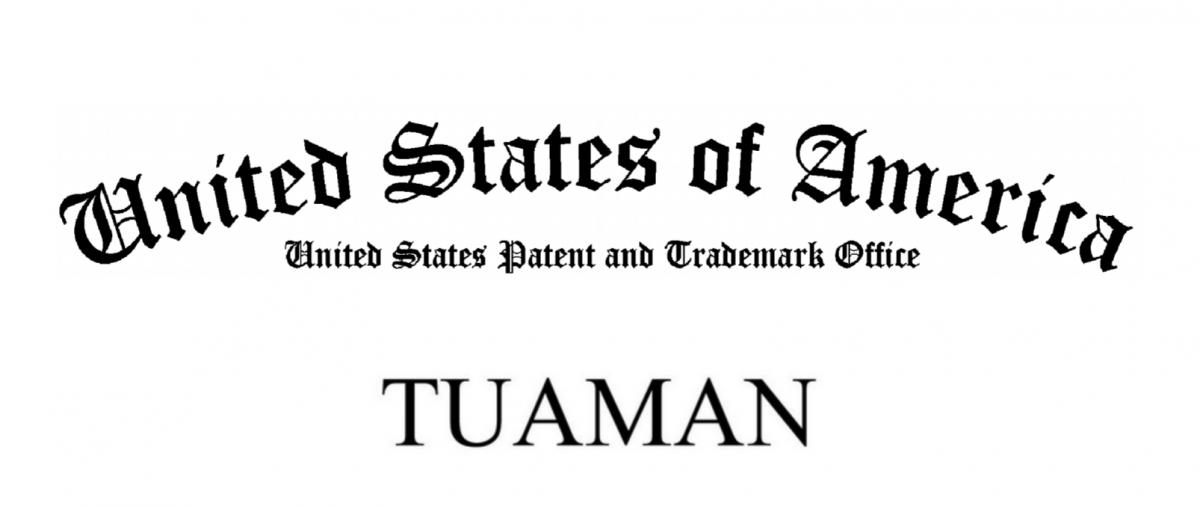It’s Tua Time. Former Alabama quarterback Tua Tagovailoa will make his National Football League starting debut today as the Miami Dolphins take on the Los Angeles Rams.
Does that mean it is also time to try to lock up valuable intellectual property surrounding the future of the Dolphins franchise? Unless you are actually Tagovailoa, you may be out of luck.
A good example of a failed effort began on November 6, 2018 when a Helena, Alabama man named Richard Jimenez filed a trademark application with the United States Patent and Trademark Office (USPTO) to register the mark “Tua-scaloosa.” He filed an intent-to-use application indicating his bona fide intent to market and sell t-shirts under the brand after the date of filing. The application never got to the point where the USPTO would normally ask for the applicant to provide a statement of use of the mark in connection with the goods or services being sold.
On February 11, 2019, the USPTO examining attorney assigned to the Tua-scaloosa trademark application issued an Office Action and required Jiminez to respond within six months or risk an end to his registration efforts. Jiminez never responded to the Office Action and thus the application was abandoned.
Jiminez realized that he had no way to get past the issue presented by the examining attorney who required the consent of the named individual. The examining attorney’s filing included the following language:
The applied-for mark includes the nickname of the following individual applicant(s): “Tuanigamanuolepola “Tua” Tagovailoa.” However, this individual(s) did not sign the application and the application does not include a written consent personally signed by this individual(s). To register a mark that consists of or comprises the name of a particular living individual, including a first name, pseudonym, stage name, or nickname, an applicant must provide a written consent personally signed by the named individual.
Tua-scaloosa died on the spot, but that has not prevented others from filing new Tua-related trademarks and is unlikely to still deter more individuals from paying filing fees to try to register these types of trademarks in the future.
For instance, on April 19, a Boca Raton, Florida man named Adam Ochrimenko filed an application with the USPTO to register the mark “Tuatime.” The identification of goods and services reads, “Retail merchandise. All types of clothing,” which is an improper classification that needs to be corrected, as stated in the examining attorney’s Office Action dated July 28. Ochrimenko has six months from the date of the Office Action to respond by adding clarity to the identification of goods and has failed to submit a response as of November 1. Interestingly, the examining attorney has not called out the connection to Tua Tagovailoa, but he should have in the same way that the examining attorney did in the separately filed Tua-scaloosa application.
Yet, even if Ochrimenko fixes his filing and the examining attorney attached to his application allows it to proceed, there would still be an opportunity for third parties to oppose the registration once the application is published for opposition, which has not yet occurred and will not occur unless Ochrimenko addresses the issue posed by the examining attorney. The quarterback would have very strong grounds to argue that the application should not reach registration anyhow.
So, it’s Tua Time and, at least for now, no one has the registration for the TUA TIME mark. It would not be surprising for Tua himself to choose to push forward in seeking a registration in connection with such a brand. If others think that they can successfully get in front of him by acting fast, they should think again. It would likely just be a waste of time and money.

